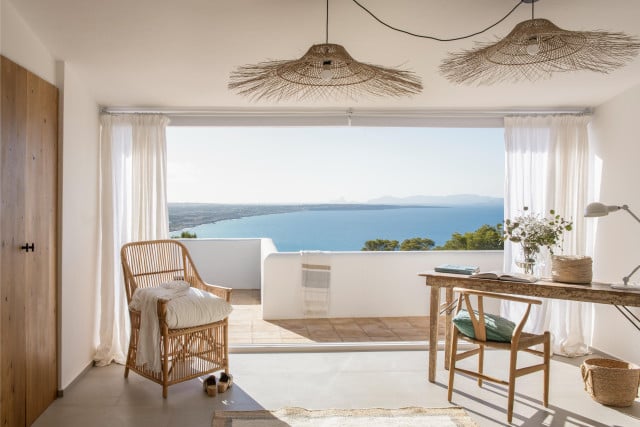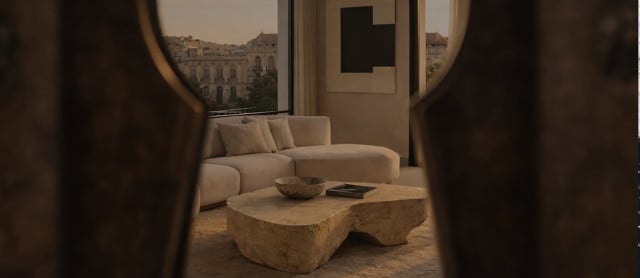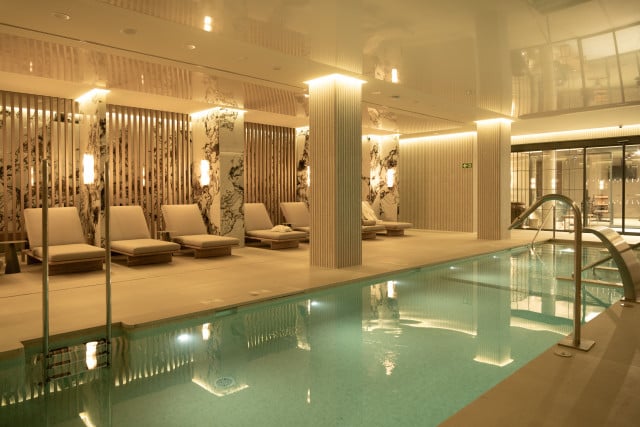Published in Market trends
Badge of honour: What different brands bring to Branded Residential developments
From hospitality to fashion and automotive, discover what global brands like St. Regis, Missoni, and Mercedes-Benz bring to luxury residences in Spain and beyond—design, trust, identity, and lifestyle.
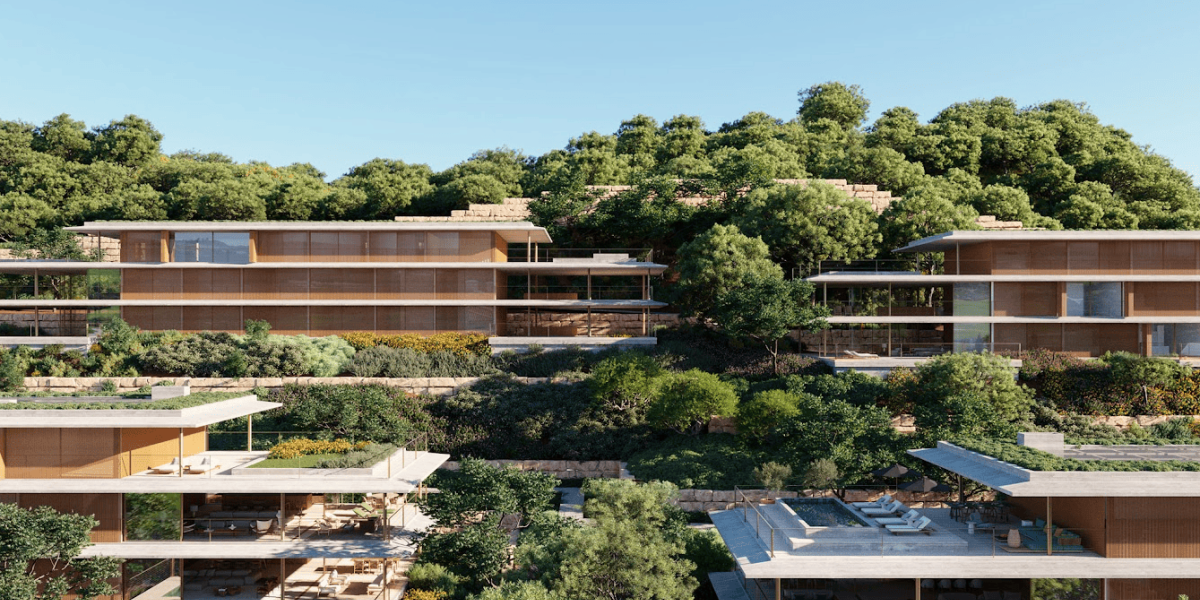
- Blog
- Articles
- Market trends
- Badge of honour: What different...
Once the domain of five-star hotels, branded residences are no longer confined to hospitality giants. Today, developers are aligning with car brands, fashion houses, and smaller design-led studios to infuse real estate with the narrative power—and premium pricing—of established global names.
The appeal is clear. These collaborations offer buyers more than a home: they offer an experience, an assurance of quality, and a lifestyle embedded in the DNA of a trusted name. But what each brand category contributes varies considerably—shaped as much by heritage and values as by design and amenities. According to market-leading consultancy firm, Global Branded Residences (GBR), these standout properties globally command an average price premium of 37% depending on market context, with urban projects averaging 24% and resort projects averaging 67%. Many projects in emerging markets even achieve over 100%.
“Over almost 10 years of tracking brand premiums, we are seeing the global average in sales premium achieved increasing. This is due to not only to the increased adoption of the model among the development community, but also the global expansion of the sector to new and emerging markets where the impact of management, servicing and lifestyle has an even greater impact”
Riyan Itani – Founder, Global Branded Residences
Five-star standard
Hospitality remains the dominant force in the branded residence market. Marriott, Accor, Four Seasons and Hilton continue to lead global growth, alongside more specialised brands like Aman and Banyan Tree, leveraging their service infrastructure and consumer confidence in offering a five-star experience. These developments appeal to buyers seeking consistency: 24/7 concierge, housekeeping, security, dining and spa access are no longer optional, but expected. An additional benefit of working with a hotel brand is that very often they will run the maintenance and rental program aspect of your property on your behalf, with seamless end-to-end management.
St. Regis and Ritz-Carlton (Marriott), leverage the brand’s Gilded Age roots, appealing to buyers who favour traditional luxury. This is particularly seen in their new development St. Regis Casares within the iconic Finca Cortesin estate, prioritising privacy and community
Four Seasons Private Residences deliver understated refinement, often in key urban or resort markets
Raffles, an Accor brand, leverages best-in-class guest and resident experiences, with iconic new properties like the Old War Office in London
Aman, meanwhile, with its cult-like following, translates its wellness-first ethos into rarefied residential environments—Tokyo and New York among others
Banyan Tree Group bring calmness and balance to their projects, now also in urban location, with their announcement of a standalone development in Madrid, at Padilla 32
Automotive aesthetic
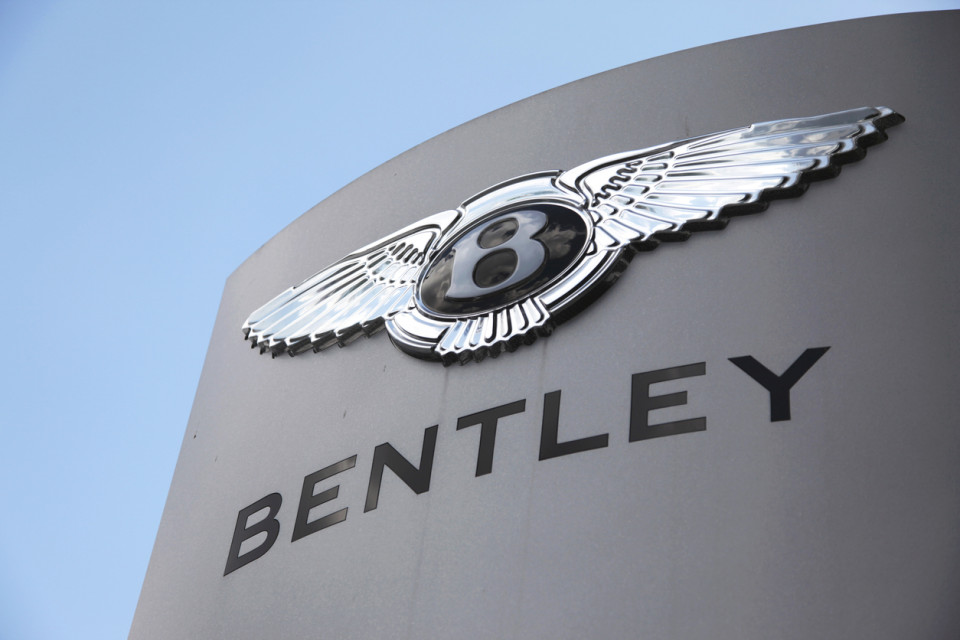
In the past decade, luxury car brands have moved decisively into the residential space. These partnerships bring technological fluency, and often a focus on engineering-led design with a clearly defined target audience. These types of residences are particularly prevalent in markets such as Miami and Dubai, and Lamborghini are soon entering into Spain with a new development in Marbella.
Bentley Residences in Miami includes a car lift that transports vehicles directly to each unit, and interiors styled to echo the brand’s signature quilting and chrome detailing
Porsche Design Tower, also in Miami, appeals to a similar demographic—buyers who value form, performance and seamless automation
Mercedes-Benz Places, Dubai: The brand’s first residential tower features fluid design, smart-home tech, and a mobility lounge with on-demand access to Mercedes EVs
Fashion forward
Fashion-led branded residences speak to a more expressive, design-oriented buyer. These collaborations draw on aesthetic language as much as service proposition. Interiors are curated extensions of the brand’s visual identity—texture, colour, proportion and materiality.
Armani/Casa has executed sleek, restrained interiors for its towers in Dubai and Miami.
Diesel Wynwood, captures the gritty, rebellious aesthetic of the fashion label’s origins—suited to younger creatives drawn to Miami’s art scene.
Karl Lagerfield Villas Marbella marks one of the first fashion branded residence concepts in Spain. Made up of just five villas, each is designed to to reflect Lagerfeld’s legacy of minimalism and monochrome. In a market long dominated by Andalusian-style and neo-Moorish villas, the project signals a shift towards a new kind of buyer - design-literate, globally mobile, and keen to invest in homes that reflect personal aesthetic values over regional tradition.
Design focussed
Not all brand collaborations are built on global megawatt names. A new tier of design-led, boutique-branded projects is emerging—often with a stronger focus on craftsmanship, sustainability, and architectural distinction.
Studio KO, the French-Moroccan firm behind the Yves Saint Laurent Museum in Marrakech, has begun to partner on low-density residential projects where material integrity and contextual design lead the narrative.
Philippe Starck's Sotogrande Residences blends minimalist design with natural elements, attracting buyers seeking artistic, distinctive luxury.
These more design-focussed brands may not have the same level of international recognition but certainly deliver cultural capital.
While the non-hotel segment of the branded market accounts for c.20% of global projects (GBR, Q4 2024 data), their presence, impact and ability to help sales and marketing is felt most strongly in developed luxury and branded residences markets such as Dubai, Miami and Marbella.
More than just a logo
What a brand brings to a residential project—beyond just association—is determined by its origins. Hospitality brands offer seamless management and servicing; automotive brands deliver precision and polish; fashion brands project identity; boutique designers curate originality.
For buyers, the right brand is not just a status marker but a mirror of lifestyle, taste, and identity. For developers, it is a strategic decision—one that can shape the entire sales strategy and returns, from launch pricing to global marketing alignment.

